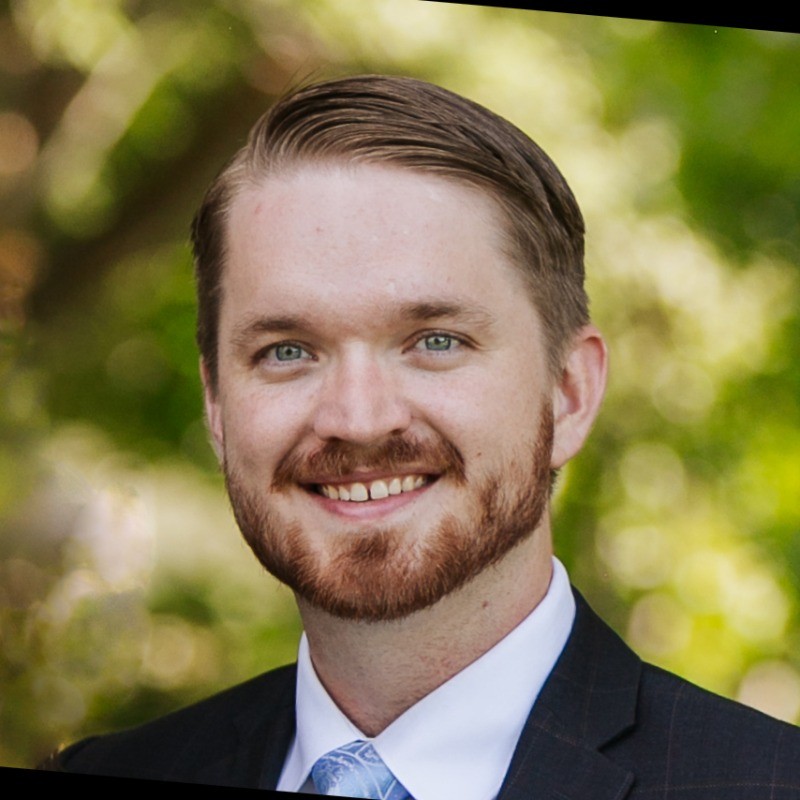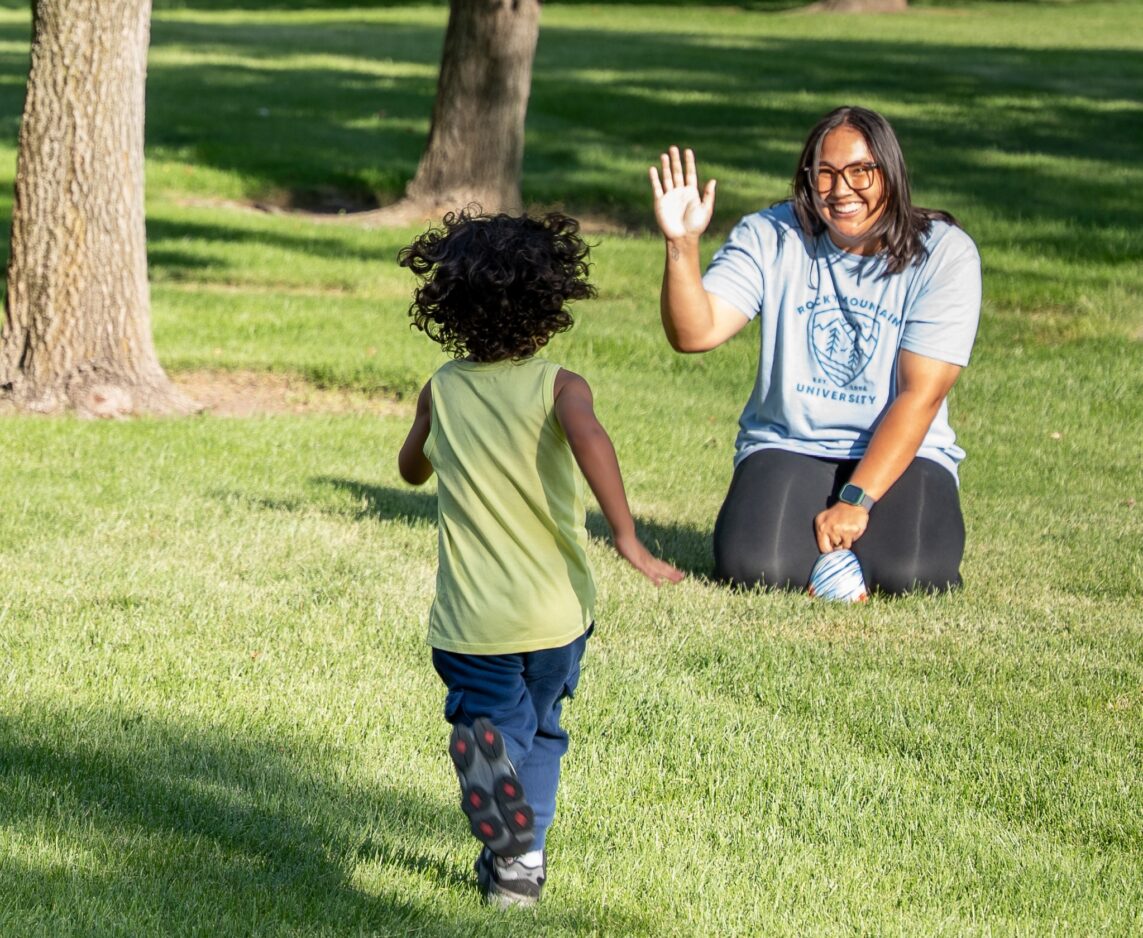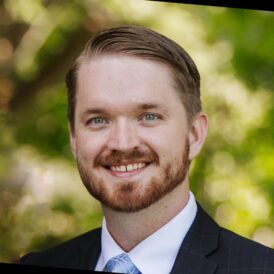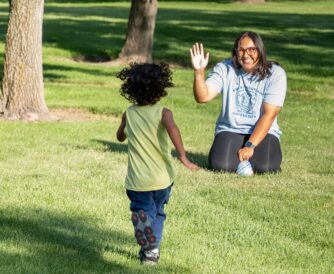RMU: ‘Pulse’ podcast episode recommends a prescription for kindness
- One Kind Act a Day Executive Director Mason Bennett
- Research suggests there are tangible benefits to choosing kindness — from improved well-being to winning championships.
There’s a marquee on Cougar Boulevard in Provo that displays important, life-changing advice in two simple words: Choose kindness.
Though his organization is unaffiliated with that business and its sign, One Kind Act a Day Executive Director Mason Bennett endorsed and echoed the sentiment in a recent podcast interview with Rocky Mountain University of Health Professions (RMU).
Bennett’s Utah-based altruistic organization, he explained on “The Pulse” podcast, is focused on “creating kinder communities by inspiring daily acts of deliberate kindness.”
Research suggests there are tangible benefits to choosing kindness — from improved well-being to winning championships.
“As we’re kind, it makes us feel good,” Bennett said. “It’s good for our bodies. It’s good for our brains. It’s good for our social connections.”
Bennett addressed specific ways in which performing acts of kindness, even small ones, can be beneficial to one’s health, according to research cited by Bennett:
- Being kind may increase personal happiness by 41% and lead to a 35% reduction in symptoms of depression. It may boost one’s mood and foster a sense of purpose by triggering positive neurotransmitters.
- Kind behavior may decrease stress by 23%, lower cortisol levels and chronic pain perception, and bolster cardiovascular health by limiting wear on the heart and blood vessels.
- Thoughtfulness may enhance longevity of life and promote immune function.
- 72% of people who engage in kind acts report stronger relationships.
- Bodies may shift from “fight or flight” response modes to “rest and digest,” which could help alleviate and prevent damage from prolonged stress.
While being kind to others offers many benefits, Bennett points out that it’s also important to treat the person in the mirror the same way. Being self-compassionate was an important part of a series of articles he wrote for the One Kind Act a Day website.
“‘Summing up an increasingly large body of research, a consistent finding in the literature is that self-compassion is inversely associated with psychopathology,'” he wrote, citing from the Oxford Handbook of Compassion. “Researchers find that those with self-compassion have less self-criticism, which is usually high in people in depression and anxiety. People who are kind to themselves report feeling more grateful, more optimistic and more happy.”
The kindness conversation was featured in the latest “Pulse” podcast, which airs on the Provo-based university’s YouTube page (youtube.com/@rmuohp). Other recent episodes focused on strategies for aging in place; the role occupational therapy can play in supporting religious participation for children with disabilities; running recovery tips; personal and professional growth; and using artificial intelligence for personal training.
Bennett believes the One Kind Act a Day mission aligns with healthcare, even suggesting it would be helpful if doctors prescribed kindness to their patients.
“It’s a simple lifestyle change to bring about a lot of a lot of positive impacts,” he said.
While “defense wins championships” is a well-known sports cliché, Bennett says studies claim that positivity and team camaraderie can play a vital role in victorious outcomes. He talked about research that showed how teams with the most positive touches, like high fives and fist bumps, also enjoy the most success.
Those helpful high fives can pay dividends off the court, too.
“It’s really hard to give a sarcastic high five. It’s a physical touch. It’s a moment of affirmation and celebration with another human being,” he said. “And it’s just really easy — whether it’s a high five or a kind word of affirmation to someone else — to celebrate what they are and what they’re doing.”
One of Bennett’s favorite side effects of being kind? Kinder people are perceived as being more attractive.
“I need all the help I can get, which is why it’s good I work (for One Kind Act a Day),” he self-deprecatingly joked. “It’s all about making that connection…. So, if we are able to see someone is being kind, that’s someone you want to have around a little bit more as well.”
We’ll give a high five to that.
Jody Genessy is the senior content writer for Rocky Mountain University of Health Professions.






